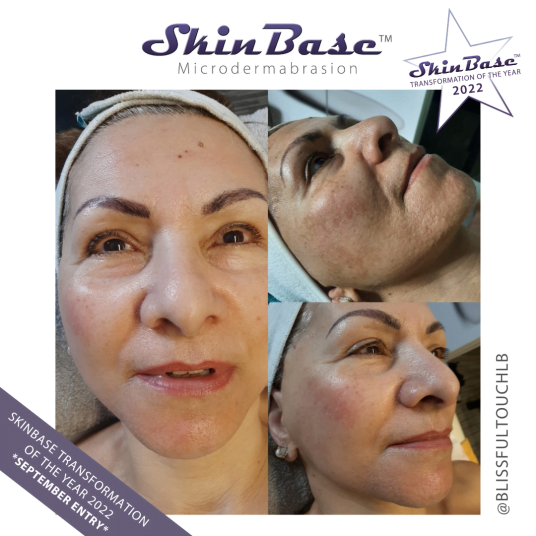Melasma is a common skin condition that causes symmetrical patches and spots of skin darker than the sufferers natural skin tone to appear, usually on the face. The cheeks, forehead, chin and upper lip are most likely to be the affected areas. Less commonly, the discolouration may appear on the arms and neck, or other areas of the body. Melasma can show up as tan, brown, greyish brown, or bluish grey patches or freckles. Can Microdermabrasion help melasma? Let’s find out.
Causes and Risk Factors
Melasma disproportionately affects more women than men. Those who are darker skinned are more at risk of melasma than those with fair skin. Often, it appears during pregnancy, earning it the nickname the “mask of pregnancy”. It can also be triggered by taking medication, such as birth control pills. Sun exposure, stress and thyroid disease are also thought to be causes.
Treating Melasma
For some people, melasma goes away after pregnancy once the baby is delivered, or when stopping a medication. However, it is a skin condition that can last for years, or even a lifetime. Though it is harmless, some people may prefer to minimise the appearance, and choose to take steps to treat it.
Healthcare professionals can prescribe creams or topical steroids to help lighten the affected areas, however there is no guarantee that the melasma won’t come back. In some cases, it will not be affected by treatment at all. Wearing at least SPF 30 everyday is one of the best ways to minimise the risk of melasma coming back. Wearing protective clothing, a wide-brimmed hat to shade your face from the sun, and also using cover-up makeup are great day to day methods of living with melasma.
Melasma and Microdermabrasion
So, can Microdermabrasion help melasma? Microdermabrasion is a fantastic treatment option for melasma, as the exfoliation can help to remove the top, superficial layer of skin. Throughout multiple treatments, improvements will be progressive as the exfoliation reaches deeper layers of skin to help remove unwanted pigmentation.

What is SkinBase Microdermabrasion?
SkinBase Microdermabrasion is a non-invasive, cosmetic procedure that intensely exfoliates and resurfaces the skin. With the use of fine crystals and a vacuum action, the progressive treatment removes dirt, impurities and dead cells from the outer layer of skin. Though extremely popular as a facial treatment, microdermabrasion can be used across most areas of the body if they require exfoliation.
How Does it Work?
During a SkinBase Microdermabrasion treatment, a wand delivering a stream of abrasive crystals is passed over the skin. The crystals exfoliate the top layer of skin, unclogging pores and removing any impurities. The debris is removed by the vacuum, revealing the fresher skin underneath. The suction also stimulates blood flow and encourages the production of collagen and elastin.
As a course of treatment is completed, the Microdermabrasion process removes the top layer of skin week by week, and also stimulates skin cell renewal. This means the unwanted pigmentation is slowly brought to the surface of the skin, to slough away naturally each session. By the end of the treatment course, the appearance of the melasma should be improved considerably, if not gone.
Number of Treatments
The number of treatments required can vary greatly depending on the extent of the pigmentation. Also, as the pigmentation moves through the layers of the skin to the surface you may find that initially the pigmentation appears darker as it comes to the surface. This is completely normal. Also bare in mind, if the unwanted pigmentation is below the epidermis then unfortunately microdermabrasion won’t be able to help.
Find Your Nearest SkinBase Therapist Now.

